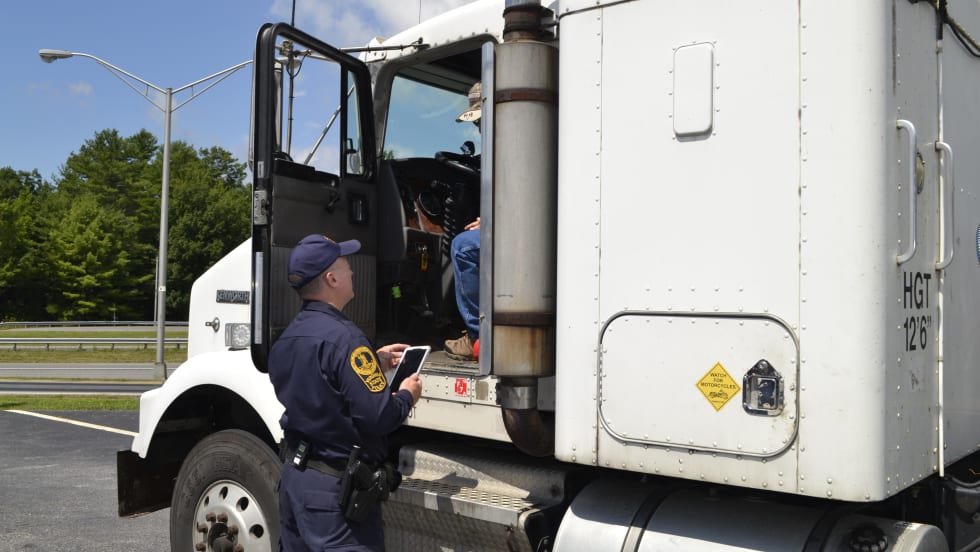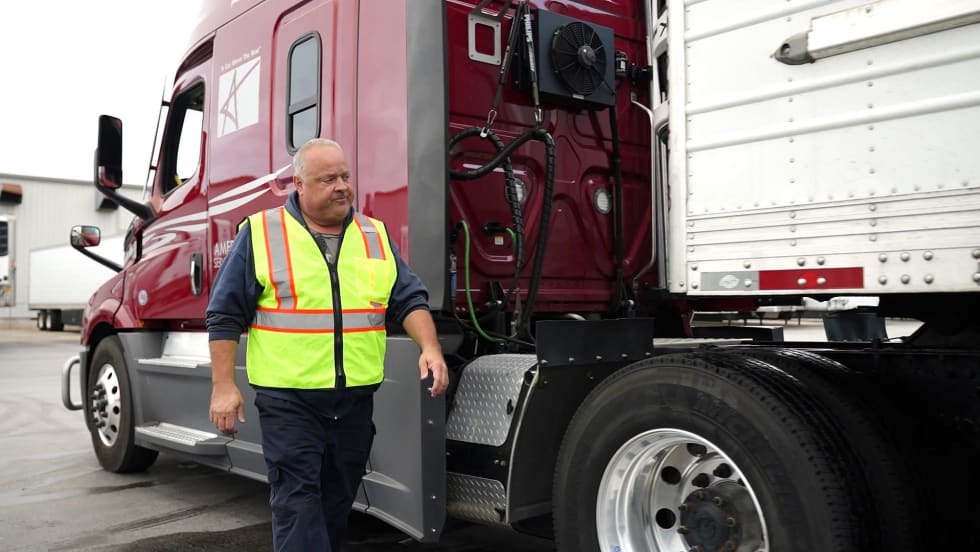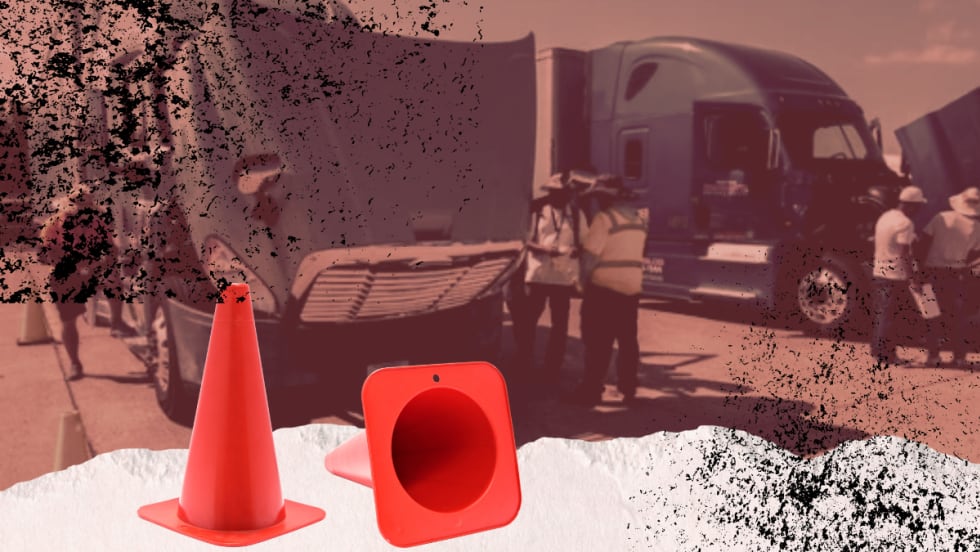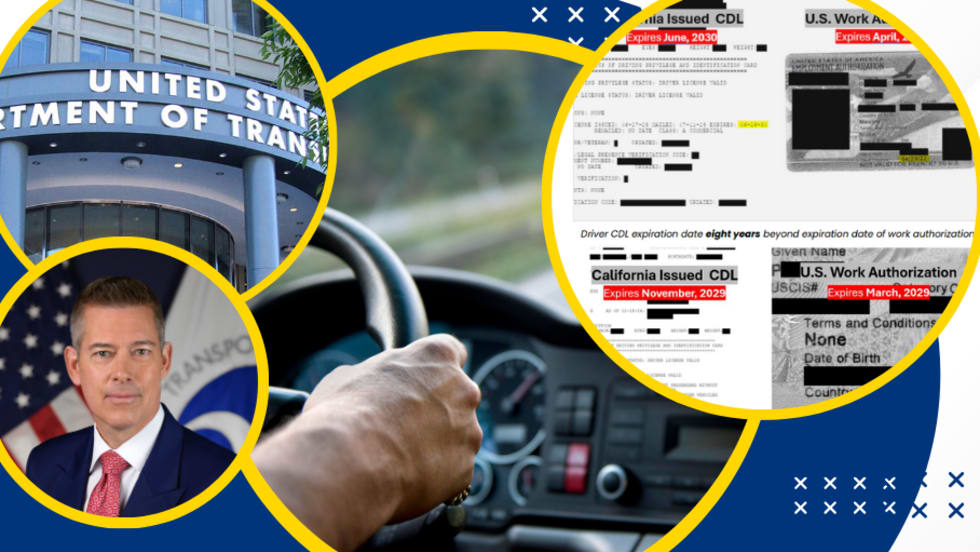A federal judge has thrown out one of two trucking association lawsuits challenging the California Supreme Court’s Dynamex decision last year restricting the use of independent contractors by transportation companies in the state.
On March 29, federal judge Morrison England of the U.S. District Court for the Eastern District of California dismissed the Western States Trucking Association’s legal challenge, but the group is already working on an appeal and says it is committed to taking it to the U.S. Supreme Court if necessary.
WSTA and other trucking interests say last year’s decision in Dynamex Operations West Inc. v. The Superior Court of Los Angeles County will make it impossible for trucking companies to use owner-operators in California.
The state Supreme Court ruled that certain workers should be presumed employees instead of independent contractors when evaluating wage and hour classification in class action cases. The ruling requires a company using an independent contractor to ensure their classification is proper under a newly adopted “A-B-C” test, which consists of certifying:
A That the worker is free from the control and direction of the hiring entity in connection with the performance of the work, both under the contract for the performance of the work and in fact
B That the worker performs work that is outside the usual course of the hiring entity’s business
C That the worker is customarily engaged in an independently established trade, occupation, or business of the same nature as the work performed.
“Most legal analysis of the ruling agrees the ABC test sets an impossible standard for most of our members to meet,” WSTA told its members last May, with the sticking point being the “B” provision.
WSTA’s lawsuit alleged that the Dynamex decision requiring the ABC test is preempted by the Federal Aviation Administration Authorization Act of 1994, which prohibits states from enacting laws that affect a motor carrier's prices, routes and services. It also argued that it violates the Commerce Clause of the U.S. Constitution and that it is preempted by federal motor carrier safety regulations.
According to Western States, the ABC test fundamentally “discarded decades of settled California law” by discarding previous precedent for assessing whether an individual is deemed an employee or an independent contractor.
The judge, however, said in his ruling, “The mere fact that increased costs may result does not trigger preemption” by FAAAA. That’s an indirect affect on rates, not a direct one.
The judge cited Dilts v. Penske Logistics, where the court held that the FAAAA did not preempt California’s meal and rest break laws, arguing that Congress did not intend “to preempt generally applicable state transportation, safety, welfare or business rules that do not otherwise regulate prices, routes, or services.”
On the argument that it violates the Commerce Clause of the U.S. Constitution, the judge noted that the key concern is whether “a challenged law discriminates against interstate commerce.” The court ruled that “California’s wage orders do not … discriminate against interstate commerce but instead set out generally applicable requirements that apply equally to in-state, multi-state, and out-of-state employers within California,” thus the Commerce Clause does not apply.
As for being preempted by federal safety regulations, the judge said, “Dynamex’s interpretation of California wage orders has, at best, only a tangential impact on safety concerns and do not conflict with the federal regulations, which do not govern when an employee relationship exists or under what terms.”
“While the judge felt constrained by prior Ninth Circuit precedent (such as Dilts v. Penske) we are looking forward to our legal arguments being heard on appeal,” the association told its members in a newsletter.
Another lawsuit challenging the California Supreme Court’s Dynamex ruling, from the California Trucking Association, is still being litigated.













